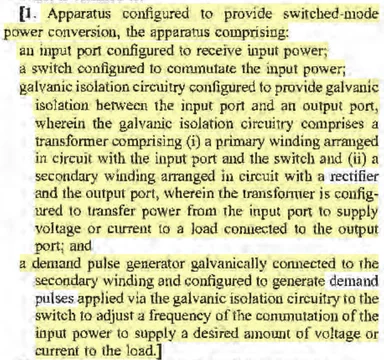
The Doctrine of Equivalents can sometimes be an irritating aspect of patent law. Patent applicants tend to draft broad claims to begin with, and modern claim construction law likewise tends towards broad constructions. Once you add DOE on top, it can start to feel like the patent covers anything and everything.
But there is a boundary. Under the doctrine of "vitiation," courts have held that DOE can't be used to extend a claim to the oppose of what was claimed.
We got a good example of that this week from visiting judge Kennelly, who granted a motion for summary judgement of non-infringement after a seemingly fully-articulated DOE claim (DOE claims are often not-so-well articulated).
In XMTT, Inc. v. Intel Corp., C.A. No. 18-1810-MFK (D. Del. Feb. 22, 2023), Judge Kennelly granted summary judgment of no infringement after plaintiff relied on DOE to argument that a "parallel" computer CPU met a claim limitation requiring a "serial" CPU:
XMTT argues that even if the accused processors are not literally serial processors, they do the equivalent of executing in serial such that Intel may be liable under the doctrine of equivalents. Not so. [T]he accused products execute instructions in parallel because they are multi-core processors and each processor performs "simultaneous multi-threading." Executing multiple instructions at the same time is the antithesis of the serial processor claimed by the patents, which "executes instructions one at a time, in a sequential manner," and thus the doctrine of equivalents cannot apply here.
Know Your Position
The Court's opinion also included an interesting footnote, recounting how, at the hearing, the plaintiff apparently disputed its own proposed "plain and ordinary meaning" of "serial processor":
At oral argument held on February 8, 2023, XMTT was not entirely clear about the plain meaning of the term "serial processor." When asked if a "serial processor" is "a processor that executes programs having a sequential, program order and retires instructions according to that sequential program order"—the definition XMTT appeared to provide in its response to Intel's motion for summary judgment—counsel for XMTT initially disputed that definition. Upon further questioning, counsel told the Court that the definition is "fairly close" to that and was "generally the argument that Dr. Conte is making."
Whoops.
If you enjoyed this post, consider subscribing to receive free e-mail updates about new posts.




